History
-

Celebrating the Legacy of the Office of Strategic Services 82 Years On
As the United States stood on the brink of World War II, President Franklin D. Roosevelt recognized the urgent need for innovative military strategies to effectively confront the impending global conflict. Observing the unfolding events in Europe, he realized that defeating the Axis powers would require pioneering approaches to warfare. Roosevelt turned to William J. Donovan, a trusted advisor and…
Read More » -
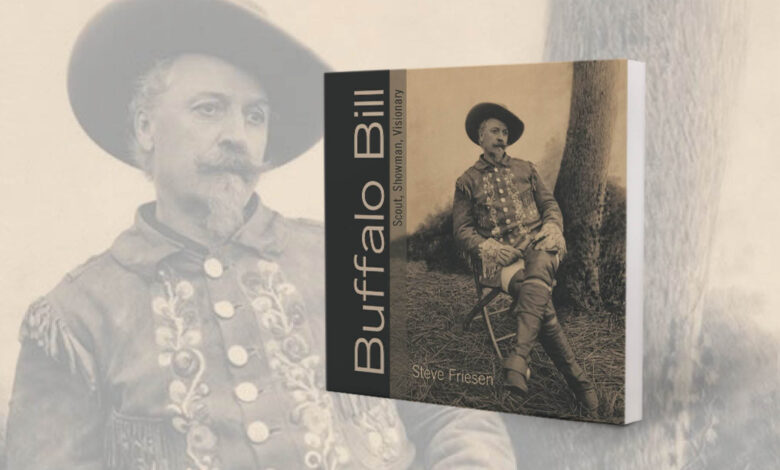
The Top Books and Films About Buffalo Bill Cody
Books Buffalo Bill: Scout, Showman, Visionary (2010, by Steve Friesen) This is my biography of William Frederick “Buffalo Bill” Cody, written when I was the director of the Buffalo Bill Museum & Grave. What sets it apart is a wealth of original photographs and images of artifacts and documents associated with the showman’s life, making it equally at home on…
Read More » -

During the War Years, Posters From the American Homefront Told You What to Do — And What Not to Do
“The First World War saw the first widespread use of propaganda to stir patriotic fervour,” note Gill Saunders and Margaret Timmers in The Poster: A Visual History. “The need to raise vast sums of money from the public purse to fund the war spawned numerous posters advertising war bonds and loans; countries on both sides of the conflict employed some…
Read More » -
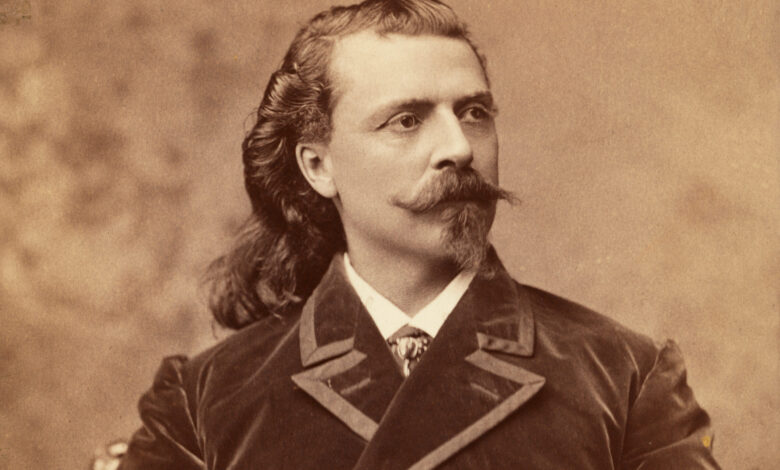
10 Pivotal Events in the Life of Buffalo Bill
1. Cody Family Moves to Kansas Will was born in Iowa Territory in 1846. In 1854 father Isaac moved the family to Kansas Territory in search of a better life. There young Will watched a wagon train embarking on the Oregon Trail and declared that was what he wanted to do. Three years later, at age 11, he did just that…
Read More » -

This Patient Rider Spent Months Retracing the Pony Express on Horseback
When the Central Overland California and Pikes Peak Express Co. launched the Pony Express on April 3, 1860, fanfare for the new express mail service made newspaper headlines from New York to San Francisco. The cheers came loudest from California where proponents hailed its commencement as a vital step forward in linking the Far West with the rest of the…
Read More » -
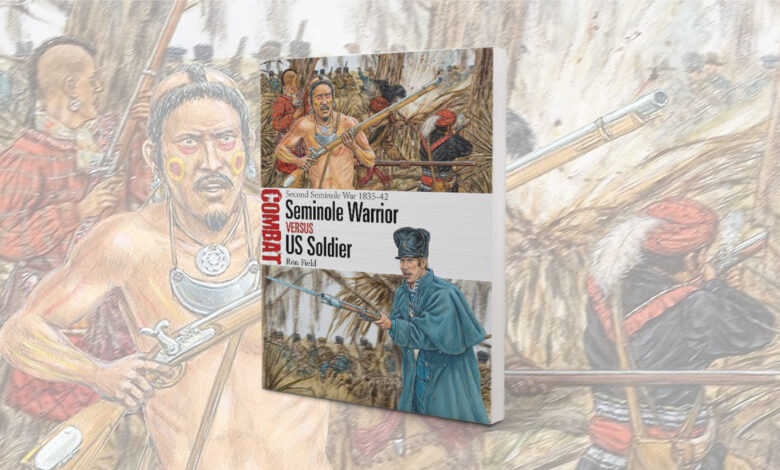
Seminoles Taught American Soldiers a Thing or Two About Guerrilla Warfare
The word “Seminole” is derived from the Muscogean word simanó-li, or “runaway,” reflecting a common heritage, as Upper Creeks from Alabama, Lower Creeks from Georgia, other affiliated tribes and escaped African slaves all sought sanctuary in Spanish Florida. There they mixed with one another, adapted to their surroundings, traded with Britain, Spain and the United States and came to be collectively…
Read More » -
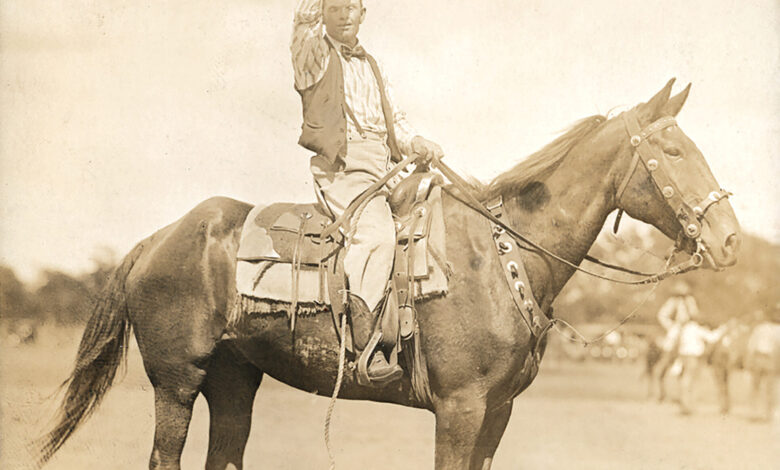
The One and Only ‘Booger’ Was Among History’s Best Rodeo Performers
The horse was once as essential to Western life as the six-gun, and breaking horses was once a necessary skill, even a business for a few tough, enterprising souls. Eventually it became a competitive rodeo event in which working cowboys pitted their skills against wild horses—and each other. The king of the Texas broncobusters was a diminutive fellow named Samuel…
Read More » -
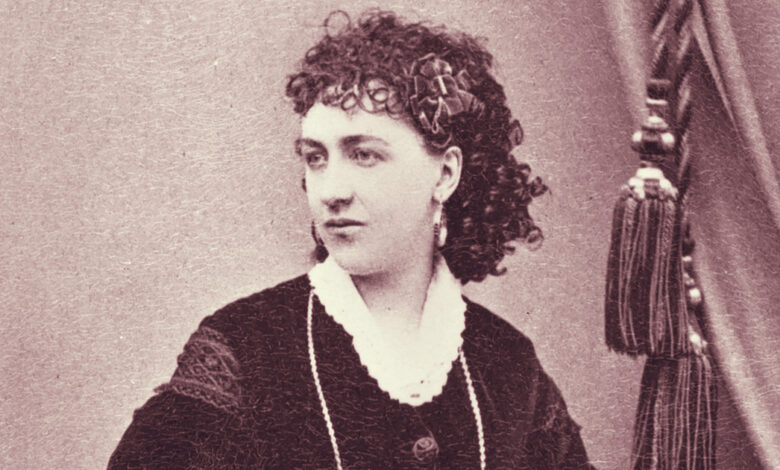
This Victorian-Era Performer Learned that the Stage Life in the American West Wasn’t All Applause and Bouquets
The California Gold Rush. The very words evoked the strong reaction of an American populace driven by adventure and a lust for easy riches. Drawn inexorably west in the wake of the Jan. 24, 1848, strike at Sutter’s Mill were argonauts from every walk of life—shopkeepers, former soldiers, fallen women and those willing to parade their talents onstage for bemused…
Read More » -

Oscar Wilde Bothered and Bewildered Westerners While Touring to Promote Gilbert and Sullivan
Of all the city slickers ever to venture into the 19th century American West, Oscar Wilde towered above the rest, preening like a peacock with his ostentatious wardrobe, his philosophy of art and his knack for spilling printer’s ink across the pages of Western newspapers. In the parlance of the cowboy, Wilde exemplified the “swivel dude,” a gaudy fellow worthy…
Read More » -

This Quiet Missionary Survived the Lincoln County War to Live Among the Zunis
The Rev. Dr. Taylor Filmore Ealy faced many struggles, most not of his own making, while a Presbyterian medical missionary between 1874 and 1881—first at Fort Arbuckle, on the Chickasaw Reservation in Oklahoma Territory; then in volatile Lincoln, New Mexico Territory; and finally at Zuni Pueblo, also in New Mexico Territory. Some of that time he kept a journal. Daughter…
Read More »
